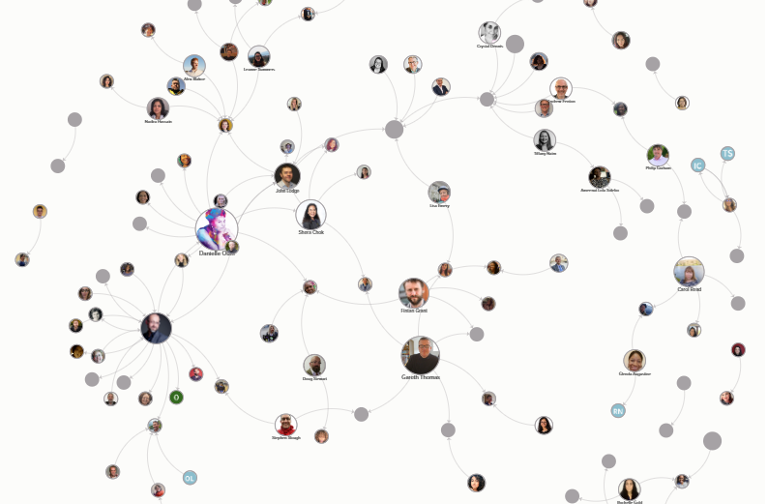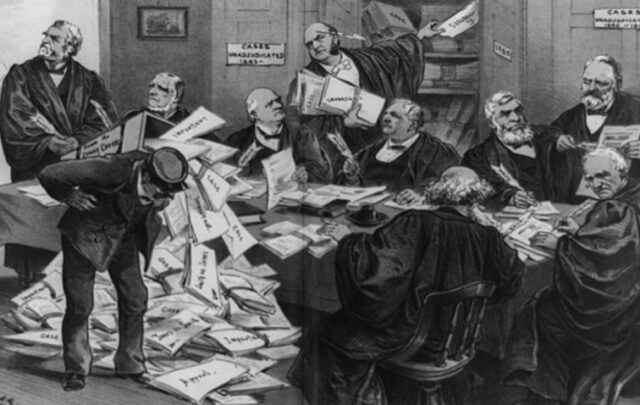One of the most joyful things about choosing to center care and kindness in our work as health professionals is that kindness can lift practitioners up just as much as it does the recipient of our actions. Kindness is one of the greatest tools humanity has on offer to encourage flourishing beyond baseline, for both the giver and the receiver. The most promising part? Our capacity for kindness is limitless, if we choose to embrace this mindset.
And by and large, we are. Faced with the continual social and physiological impacts of years of pandemic, health system reformations, unprecedented pressures on hospital systems (and the people at the center of them) we are reevaluating our relationship to kindness as care. At medical and health science conferences the words kindness, love, compassion, vulnerability, trust and wellbeing are no longer whispered, but instead said with pride.
Virtuality as a catalyst for connection
If there is a silver lining to the pandemic, it is the ease, comfort and flexibility we now have in connecting with one another around the globe. Meetings are no longer limited to face-to-face affairs. We’re able to find our tribe anywhere around the world. Our circles of kin —of like-minded people who we connect with and care for — now reach all corners of the globe.
One such circle of kin expanded recently, when Hesham in the United Kingdom and Nicki in New Zealand (having been introduced as speakers at this year’s global Gathering for Kindness) reached into one another’s living rooms to further develop a sense of kinship.
One of the ideas they discussed was how the practice of kindness could be used as a mutually-beneficial tool. They entertained the notion that givers and receivers of kindness could form a spiral of influence with a limitless upward trajectory, influencing those at the center as well as the larger communities they exist within. The following story, which centers Hesham’s experience, demonstrates this phenomenon.
Kindness in action
As Head of Integrated Quality Improvement at Oxford University Hospitals, Hesham often receives requests for coaching from junior colleagues looking for self-development. One such request came from a trainee surgeon who was considering her next career step. Despite being new in his post and stretched for time, Hesham agreed, and they had a rich discussion about her hopes and ambitions. As they talked, Hesham posed questions, offered advice and made further introductions.
At the end of the hour, the trainee thanked him for his time and asked, “Is there anything I can do for you?”
Hesham hesitated. There were so many things he could ask of her. He knew she was talented, thoughtful, and enthusiastic. He ruminated on the dozens of quality improvement projects he was trying to get off the ground, which could use more manpower. The opportunity to gain direct benefit was there, and she was “technically” in his debt….wasn’t she?
“No, thank you.” He instead replied. “But what I would like you to do, is to retrospectively take up my coaching offer on Hexitime.”
Hexitime is a timebank for improving the quality of health and care services across the UK. The project is the brainchild of Hesham and his colleague John Lodge. It operates on a model similar to that of other time banks (reciprocity-based work trading systems in which hours are the currency): Participants give one hour of service to another, and receive one time credit.
“Give me one credit then put an offer on there to earn one yourself”, Hesham proposed.
Confused, the trainee asked why. Hesham explained that he would rather she pay that debt forward to someone who could benefit from her talent and thereby extend the “chain of kindness”. She agreed, and Hesham thought no more of the exchange.
What he didn’t expect is what happened next.
A few weeks later, Hesham held a regular meeting with Hexitime co-founder John Lodge. During the meeting, John described enthusiastically how he himself had been the beneficiary of a Hexitime exchange with an individual who had offered some advice that might help them grow the site. As he spoke, Hesham recognized from the description that the person in question was the same trainee he had met.
In most communities and networks the chain of kindness extends outwards beyond the physical and temporal horizons. When someone lets you into a queue of slow-moving traffic, for example, you are more likely to do the same at a later junction, but that first individual may never see the impact of his or her act of kindness. It’s that lack of foresight that leads to short-term gains for long-term societal losses. What made this instance so remarkable (and rewarding) for Hesham was that the chain of kindness proved to be so short — only three links separated from its origin.
Kindness as a qualified means of health & healing
We are all somewhere on the optimist-cynical continuum of kindness — perhaps at different places on the continuum on any given day — and healthcare professionals are no different.
Critics of kindness feel that its impact doesn’t extend beyond shared words and niceties. They contend that we have more important things to focus on: patient safety, staff shortages, burnout and resource shortages.
Acknowledging these ills, advocates of kindness will tell you that it deserves to be identified as a key tenet of any quality improvement system in healthcare, precisely for its ability to have a positive impact on all of these difficulties and more.
Can new ways of mobilizing kindness teach us about the mechanics of interdependence? Is it possible to show the measurable impact of kindness in action? We say yes.
Mapping networks of kindness
At Hexitime we are now able to map the chains of kindness in a visual show of exchanges, like this one between members and allies of the Shuri Network. Shuri is a wonderful community whose purpose is to support women of color in digital health. The network offers a helicopter view of exchanges through time and space, so individuals can see their place in their respective chain of kindness.
What is remarkable about this perspective is that it eventually becomes impossible to see where kindness starts and where it ends. The sequence of help and being helped travel like a circuit through electrical wires. In effect, we all become conduits for the transmission of that energy. We don’t own the actions any more than a radiant heater can say it owns the heat that emanates from it.
With this deeper understanding comes a greater readiness to both give and receive through the realization that kindness is not a well, but a limitless stream that flows endlessly.
By making visible the invisible in this way, we hope that in time, Hexitime will contribute to a workplace culture in which the gifting of time becomes ubiquitous. Where appointment to every senior role comes with an expectation that some of the senior’s time will be spent developing others — with no favoritism or intention of currying favors. In a world where offering your time to strangers is seen as a wise investment, with a confidence that this generosity will be recouped in ways you may never know but will benefit from, the chains of kindness extend far beyond what we can imagine.
To participate in Hexitime, you can register here.
The Gathering of Kindness conference runs from 7th November to 11th November, closing just before World Kindess Day 2022 (13 November 2022). You can get tickets here.
This article originally appeared on Shareable.net
Teaser photo credit: Screen shot of Shuri network chains of kindness map.





